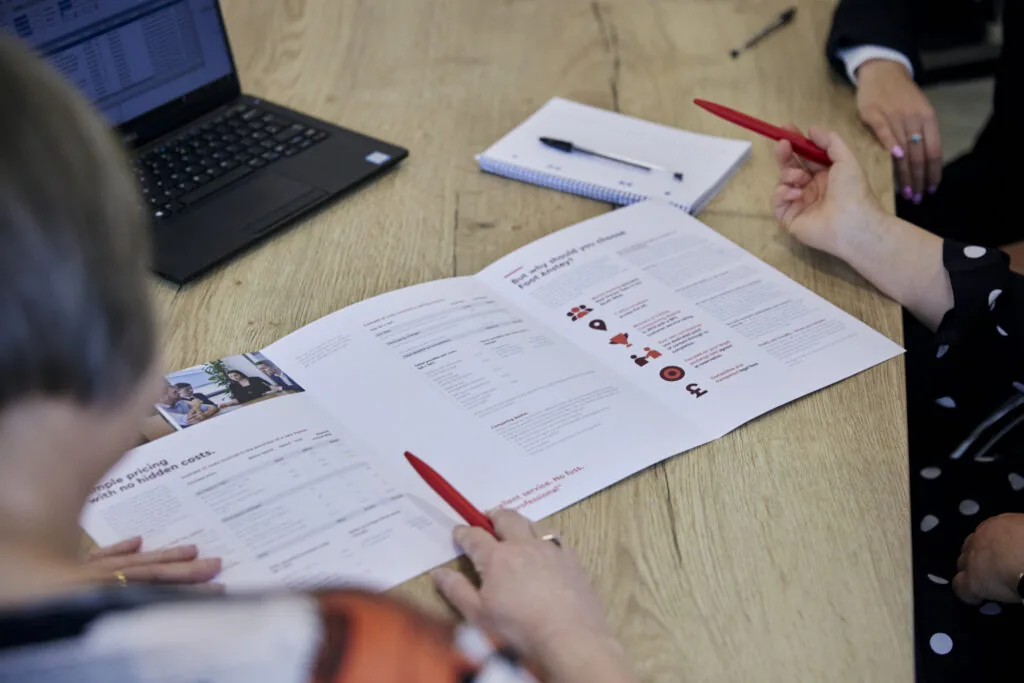
The new UK immigration system: key themes and next steps for employers

Following the Migration Advisory Committee's ("MAC") report, published on 28 January 2020, the government has responded quickly with a policy statement setting out the initial details of the UK's new immigration system which will be applicable from 1 January 2021.
In this article, we set out the key themes that have emerged from the government's policy statement and our top tips for employers on what to do in the lead up to January 2021.
Key themes
The government remains committed to introducing a points-based system for skilled workers from 1 January 2021. This will treat EEA and non-EEA nationals, who enter the UK to work after this time, equally (with the exception of Irish citizens who are unaffected by this change).
The key themes coming out of this policy statement are as follows:
A new points-based system for skilled workers
A total of 70 points will be required from a number of characteristics. The mandatory characteristics will be:
- having a job offer from an approved sponsor – 20 points
- the job being at the appropriate skill level (being reduced from degree-level to A-level equivalent) – 20 points
- speaking English at the required level – 10 points
The remaining 20 points are deemed 'tradeable' by the government. The easiest way for a migrant to gain 20 points is where their job offer is at the new minimum general salary threshold (£25,600 or the new entrant rate of £17,920) or a sector specific threshold (details still to be released) – whichever is higher. 70 points would then be achieved. However, if the migrant earns less than £25,600, but no less than £20,480, they could gain the required points if they have a job offer in a shortage occupation role or have a PhD relevant to the job.
Removing the resident labour market test and the cap on restricted certificates of sponsorship
The current process to sponsor a worker from overseas can be onerous for many approved sponsors so these removals will likely be welcome news and will potentially reduce the process from three months to a couple of days or weeks.
There will be no immigration route for low-skilled workers
The government is maintaining its aim to reduce the overall levels of migration in the UK and will look to achieve this through ending free movement of EEA nationals on 31 December 2020 and not implementing a route for lower skilled workers. This is going to be an initial blow for many UK businesses.
The Global Talent visa route will be expanded
The new global talent visa route (which opened to non-EEA nationals on 20 February 2020) will be opened up to EU, EEA and Swiss citizens from January 2021. This will allow highly-skilled scientists and researchers to come to the UK without a job offer.
Visitor visa provisions will continue
The government says it will continue "our generous visitor provisions but with simplified rules and guidance".
The government says it will publish further detail on the points-based system in due course, including detailed guidance regarding the points table, shortage occupation roles and qualifications. The main component requirements will be largely familiar to many already approved sponsors but, whilst reducing the salary and skills requirement will help some roles, other roles and sectors are likely to struggle and therefore need to start planning for these changes now.
Top tips for employers in 2020
Take advantage of the EU Settlement Scheme
Encourage your EU, EEA or Swiss workers, living in the UK before 11pm on 31 December 2020, to apply to the EU Settlement Scheme. For most, this should be a relatively straightforward application that will allow those individuals to stay, work or study in the UK without restriction under pre-settled or settled status.
Apply to become a licensed sponsor
For businesses that are not currently an approved sponsor, but may want to employ new EEA nationals from January 2020 onwards under the new points based system, a sponsor licence application should be made. It is likely that the Home Office will be in undated with sponsor licence applications and therefore, with a current average 12 week processing time, it is advisable that applications are made as possible.
Assess your workforce/future recruitment plans
The government believes that it is important that employers "move away from a reliance on the UK immigration system as an alternative to investment in staff retention, productivity and wider investment in technology and automation". It will be vital for businesses to fully consider their future recruitment plans and the best way to achieve them, to prevent any skills gaps or shortages in labour.
Keep up to date with developments
Understanding the full details (as they are released) of the skill level requirements and the jobs in shortage will be important for all UK businesses, but especially those businesses in notably shortage areas such as the health sector, construction and education.
After all a business is nothing without its people so, if you would like advice on how to strengthen and build an appropriately skilled workforce from 2021 to drive your business forward, please get in touch with Gemma Robinson.













